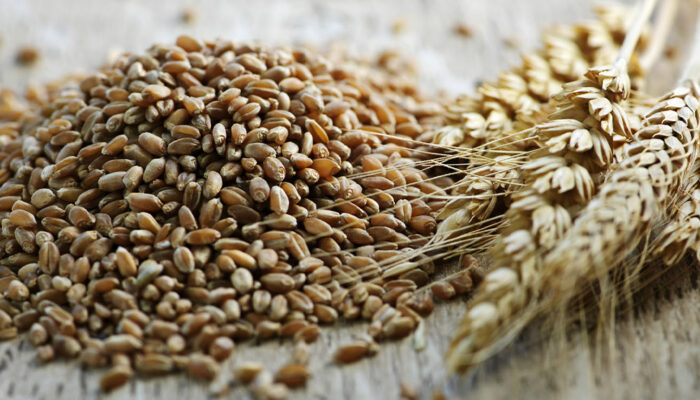
Health
Seizure clusters – Causes, symptoms, and diagnosis
Seizure clusters is a term used to describe multiple seizure attacks that occur within 24 hours or a shorter period. Such repetitive seizure attacks may also be referred to as cyclical seizures, recurrent seizures, and crescendo seizures. If a person is prone to seizures, they should try to understand their repetitive behavior, the estimated recovery period, and possible triggers. This information can come in handy in landing the correct diagnosis and treatment. Causes Health experts do not know the exact cause of seizure clusters. However, they believe that a failure to gain control over a seizure attack can cause its reoccurrence. Certain other risk factors for the condition include frontal lobe epilepsy, rare seizures, cortical dysplasia, refractory epilepsy, and CNS infections. People with focal onset seizures are also said to have an increased risk of seizure clusters than patients with generalized onset seizures. In focal onset seizures, the electrical disturbance in the brain is restricted to a specific region. Further, those with a head injury or head trauma are at a higher risk. Triggers Like with the causes, there is no clear picture of what could trigger episodes of seizure clusters. A few possible trigger factors discovered by patients and doctors include skipping seizure aid, stress, sleep deprivation, menstruation, illness, and fever.
Read More 








